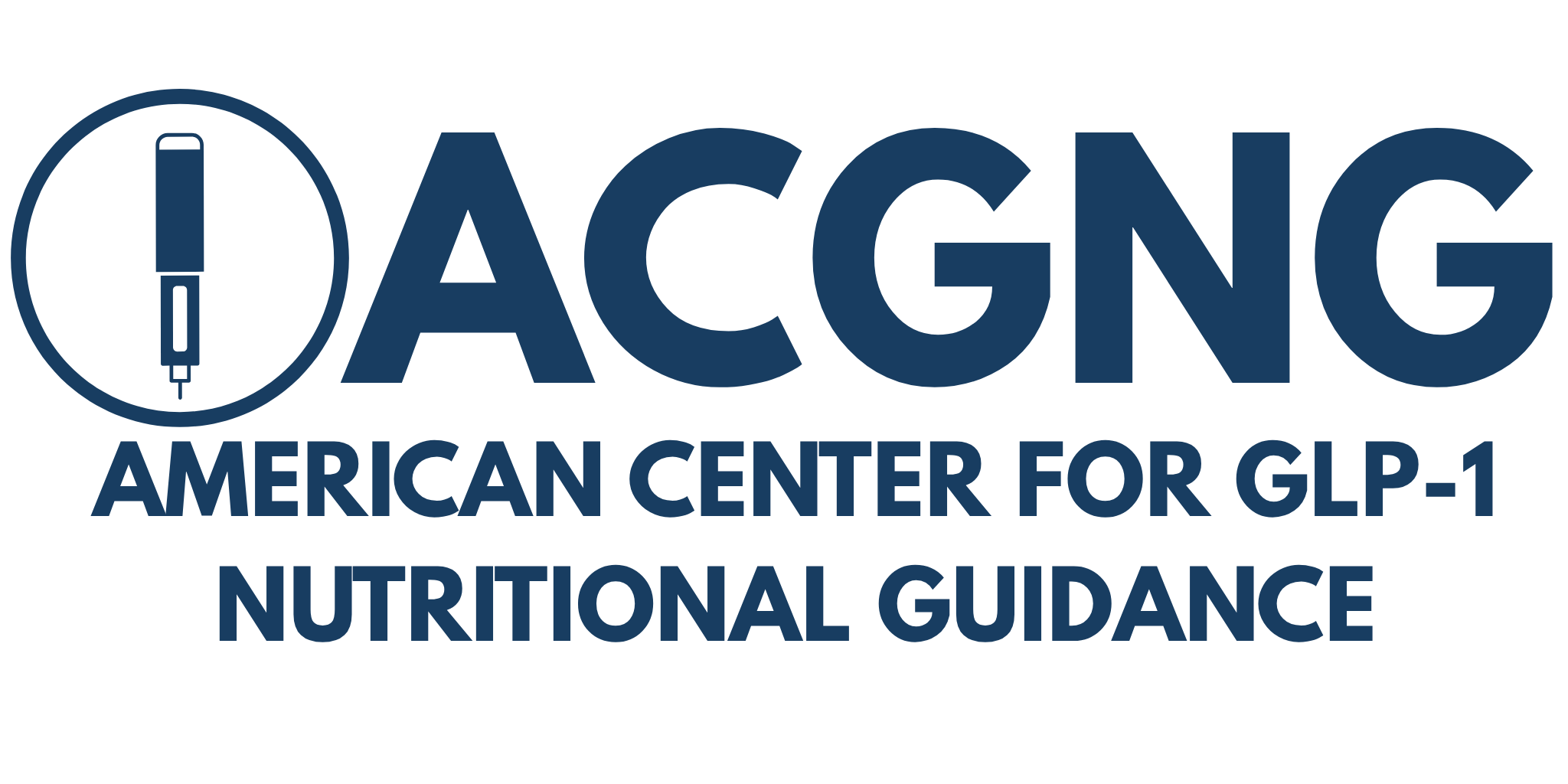Introduction
Weight management isn’t just about what you eat or how often you exercise—it’s also about how you think, feel, and make daily choices. Behavioral strategies provide the foundation for long-term change, helping to overcome challenges and stay motivated during your GLP-1 journey.
Why Behavior Change Matters
- Medications support physical changes—but sustained success requires new routines and thought patterns.
- Addressing emotional eating, stress, and lifestyle habits builds resilience and prevents weight regain.
- Positive behaviors can improve quality of life and promote a healthy relationship with food and self-image.
Key Behavioral Strategies
- Set SMART Goals: Goals should be Specific, Measurable, Achievable, Relevant, and Time-bound. Example: “Walk for 20 minutes after lunch 4 times this week.”
- Track Your Habits: Use journals or apps to monitor food intake, emotions, activity, and sleep patterns.
- Practice Mindful Eating: Slow down during meals, eliminate distractions, and tune into hunger and fullness cues.
- Address Emotional Eating: Identify triggers like stress, boredom, or loneliness and find non-food coping strategies (journaling, calling a friend, going for a walk).
- Reward Progress: Celebrate non-scale victories (e.g., better sleep, improved energy, consistent habits) without using food as a reward.
Mental Health Considerations
- Watch for signs of depression, anxiety, or disordered eating patterns. These may require professional support.
- GLP-1 therapy may impact mood or energy levels—report any concerning symptoms to your provider.
- Self-compassion is critical: Focus on progress, not perfection, and treat yourself with kindness during setbacks.
Building a Support Network
- Share goals with family or friends who can support your journey.
- Join weight loss or GLP-1-specific support groups online or in person.
- Consider working with a health coach, therapist, or registered dietitian.
Overcoming Common Barriers
- Low motivation? Reconnect to your “why” and break big goals into small, manageable steps.
- Time constraints? Plan meals and workouts in advance—15 minutes is better than none.
- Perfectionism? Focus on consistency, not all-or-nothing thinking.
References
- National Institutes of Health. “Behavioral Approaches to Obesity.” 2023.
- American Psychological Association. “Lifestyle and Behavior Change Strategies.” 2023.
- Kushner RF, et al. “Behavioral Counseling in Obesity Management.” Obesity. 2022.
- CDC. “Self-Monitoring and Weight Management.” Updated 2024.
